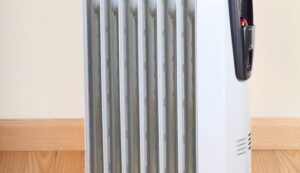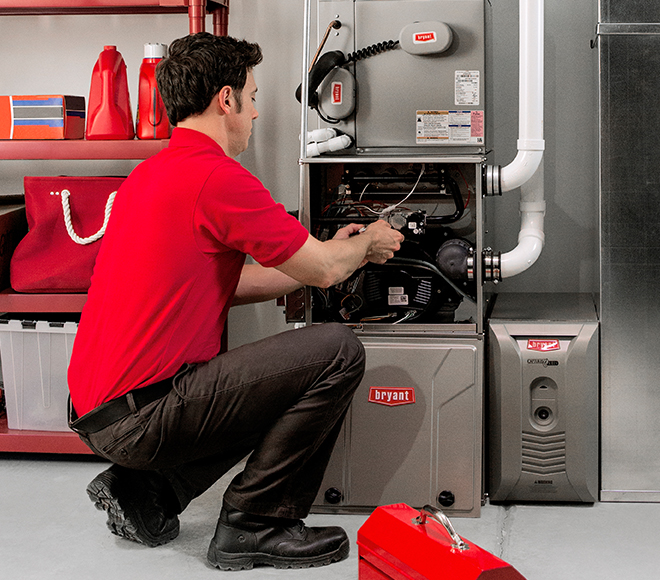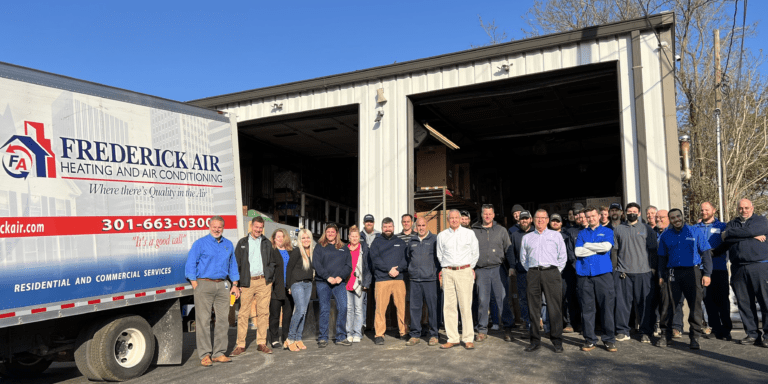
During this time of year, families are getting together in the basement or garages in order to eat around the same table. These spaces can get pretty cold during this time of year. That’s why space heaters usually come out of storage.
A portable space heater can be an excellent temporary alternative or addition to central heating systems. They can help lower the cost of your energy bills by adding heat only in the most frequently used rooms, thus, eliminating the need to warm the entire home.
Nevertheless, they can pose a safety risk if not properly attended to and cared for. Over 65,000 home fires are attributed to heating equipment every year, 25,000 of which is linked to space heaters. These accounted for over 300 deaths, 6,000 injuries, and millions of dollars in property damages every year.
Below are some of the most important safety tips when using these space heaters.
Space Heater Safety Tips
Safety Certifications
There are hundreds of models of space heaters available on the market. When choosing one for your home, make sure that it’s accredited by a Nationally Recognized Testing Laboratory (NRTL). If one of those badges is present on the space heater, it means that the model has been tested, proven, and certified in accordance with specific safety standards.
Also, the manufacturer will also be required to provide critical and relevant information about safe usage and care of the product. Follow the instructions to prevent any risks.
Make Sure Your Space Heater is The Right Size
Before making the purchase, inspect the product’s specifications in regards to the square footage and what is the maximum heater safety. If you’re using a space heater that’s too large, it can release air pollutants into the room and use up too much energy. Adversely, if you’re using a space heater that’s too small, it can lead to the device overheating and posing a serious safety risk.
Protection Features
Most modern space heaters come equipped with a variety of safety features designed to help prevent overheating or fires. A tip-over switch, for instance, will immediately and automatically turn off the heater if it senses that the device has fallen over for whatever reason. If you have small children and pets around the house, it’s advisable that you buy a heater with this function.
A somewhat similar safety feature is an overheat protection system. The heater’s temperature sensor will detect whether the internal components will become too hot. At that point, it will switch off the device preventing it from overheating beyond safety levels. Ceramic heaters, on the other hand, already have an extra layer of safety. As the ceramic can self-regulate, it reduces the temperature as resistance increases.
Positioning
As a general rule of thumb, it’s better to plug the heater directly into the outlet, as extension cords may increase the chance of overheating and accident. Nevertheless, you should position the heater away from anything that may catch on fire. It includes furniture, curtains, drapes, bedding, clothing, rugs, etc. Also, avoid using heaters in damp or humid environments such as bathrooms or basements.
Regular Maintenance
It’s advisable that you inspect the heater from time to time for any signs of damage or smell of smoke. You should also clean it frequently to reduce the amount of dust and allergens. If you notice any kind of damage or malfunction, stop using it and call a professional to look at it.
Space heaters are a good and efficient way of heating up a frequently used room without having to turn on the central heating system for the entire house. They can also keep you warm if the primary system breaks down and you need to repair it. By following these safety tips presented here, you will make sure that no harm will come to you. If you do encounter any issues with your space heater or central system, please feel free to contact us directly.




